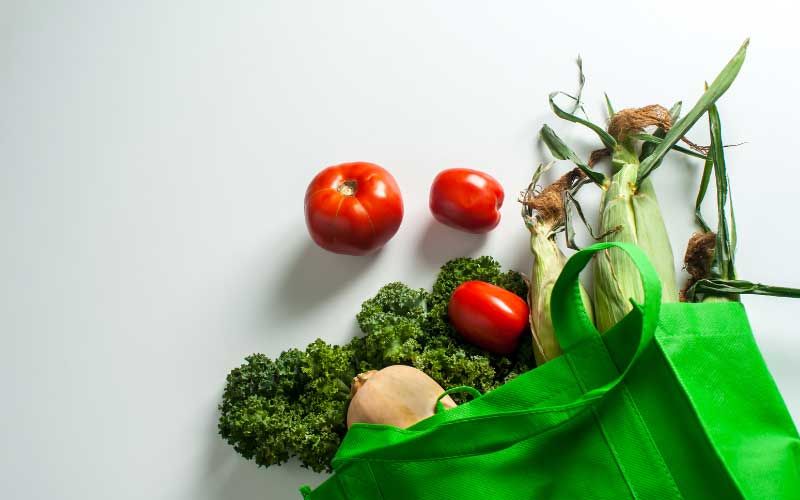
Is Frozen Produce Better Than Fresh Produce?
For a healthy diet, adults should eat two cups of fruit and three cups of vegetables daily. Studies have shown that only 9% of adults eat the recommended amount of daily vegetables, and only 12% get enough fruit.
Fruits and vegetables are packed with fiber, minerals, vitamins, and antioxidants that will keep you healthy and feeling good. There is a misconception that freezing fruits and vegetables diminishes the nutrients in them. Yet freezing your fruits and veggies is actually a safe way to store and increase the shelf life of these nutritious foods. However, many people believe that if given a choice, you should always opt for fresh produce. In this post, we’ll get to the root of the controversy concerning frozen fruits and vegetables and determine how they stack up to fresh produce.
When to Choose Frozen Produce
In truth, it’s better to eat a vegetable or fruit in any form than none at all. When winter approaches, it isn’t as easy to find fresh produce, and nearly anything from the produce aisle is typically more expensive than frozen. But we want to get our nutrients in, so should we go ahead and pay extra for fresh produce? Well, good news — according to Gene Lester, Ph.D., the national program leader for nutrition, quality, and food safety at the USDA, frozen vegetables may be even healthier than fresh produce. The reasoning is that the fruits and vegetables that are chosen for freezing are processed at peak ripeness. During a fruit and vegetable’s peak ripeness stage, they are typically more nutrient-rich.
During the first step of freezing produce, they are blanched in steam or hot water to kill bacteria. This may cause water-soluble nutrients such as Vitamin B and C to break down, but the subsequent “flash-freeze” locks the produce in a nutrient-dense state.
A study done in 2017 found that there was actually no significant difference in vitamin content between frozen and fresh produce. Additionally, the study found that when there was a slight difference, the frozen vegetables were the ones to have a higher level of nutrients.
When to Choose Fresh Produce
After reading the above information and seeing the price difference between fresh and frozen produce, you may think there is no question – frozen produce wins! However, it’s hard to argue with the flavor you receive from fresh produce when it is ripe and in season. When fresh produce is cheaper in warmer months, you may want to fill your grocery cart from the produce section rather than the frozen aisle. Fresh produce is more convenient, and you are more likely to eat raw carrots, apples, watermelons, salads with fresh greens, and other fruits and vegetables if you do not have to cook them or wait for them to thaw.
Overall, frozen produce is packed with nutrients and is cheaper than buying fresh produce. The consensus is that if you want more flavor and convenience, buy fresh produce when it is affordable during warmer months. During the winter, when it is hard to find fresh produce and produce is more expensive, stick to frozen produce and find recipes online to make your frozen vegetables more appetizing.
The Best Place to Shop for Produce Near Me
Whether you are looking for frozen or fresh produce, Cash Saver has the best prices on both options and the best selection. As a cost-plus food outlet, we promise a whole new way to save on groceries in Memphis. We have lower prices on every item, in every department, every day. Visit us at one of our three locations across the mid-south, and now, for your convenience, we offer online shopping. So, there’s no reason not to save on your food bill every month!